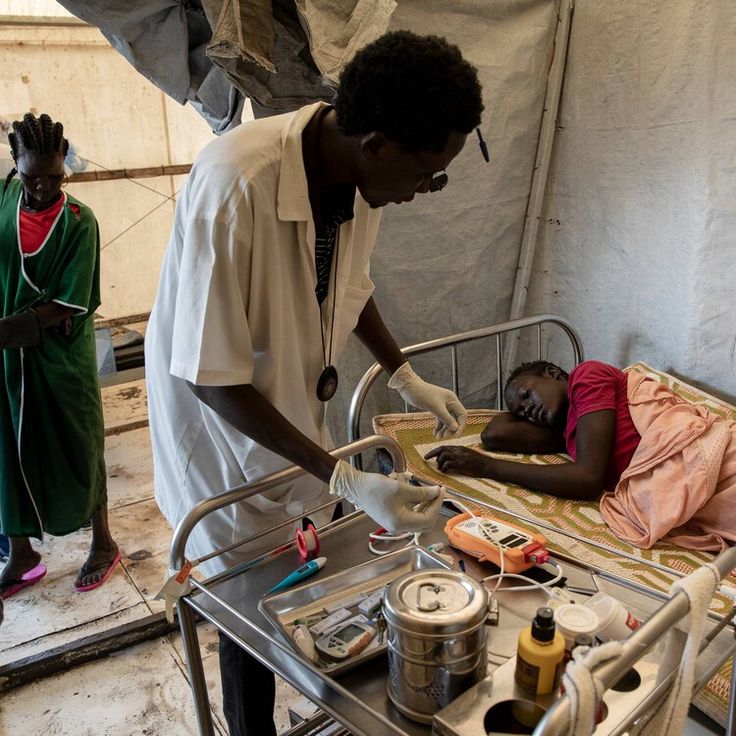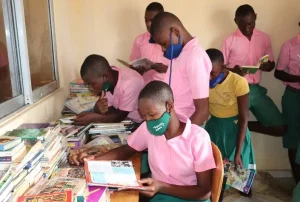
PHOTO: COURTESY
With malaria still killing approximately 600,000 people worldwide each year, the World Health Organization (WHO) has for the first time in a quarter century approved a new prevention tool, spatial repellents now being mass-produced in Kenya.
The WHO recommendation covers SC Johnson’s Guardian™ and Mosquito Shield™, devices that emit an active ingredient to repel mosquitoes from enclosed spaces such as homes, classrooms, and health facilities. Clinical trials in Kenya, Peru, and Indonesia showed the repellents can cut malaria risk by up to 33 percent, with Guardian™ providing protection for up to one year.
SC Johnson opened two high-speed manufacturing lines in Nairobi earlier this year, giving the plant an annual production capacity of 20 million units. The products are distributed at no profit through partnerships with ministries of health and organizations including The MENTOR Initiative, Society for Family Health Rwanda, and United to Beat Malaria.
“From day one, this has been a not-for-profit initiative driven by our commitment to combat diseases that threaten hundreds of millions of people,” said Fisk Johnson, Chairman and CEO of SC Johnson.
Kenya has made significant gains against malaria in the past decade, with deaths falling by 93 percent from 15,061 in 2015 to just 1,060 in 2023. Still, the country reported about 3.3 million malaria cases last year, and six counties in the Lake and Western regions continue to face some of the highest transmission rates in Africa.
The WHO endorsement and prequalification listing mean Guardian™ and Mosquito Shield™ can now be procured through international health channels, expanding their availability to vulnerable communities.
For Kenya, the milestone underscores its shifting role in the global malaria fight from being primarily an aid recipient to serving as a manufacturing hub for a product now recognized as a major innovation in disease prevention.


